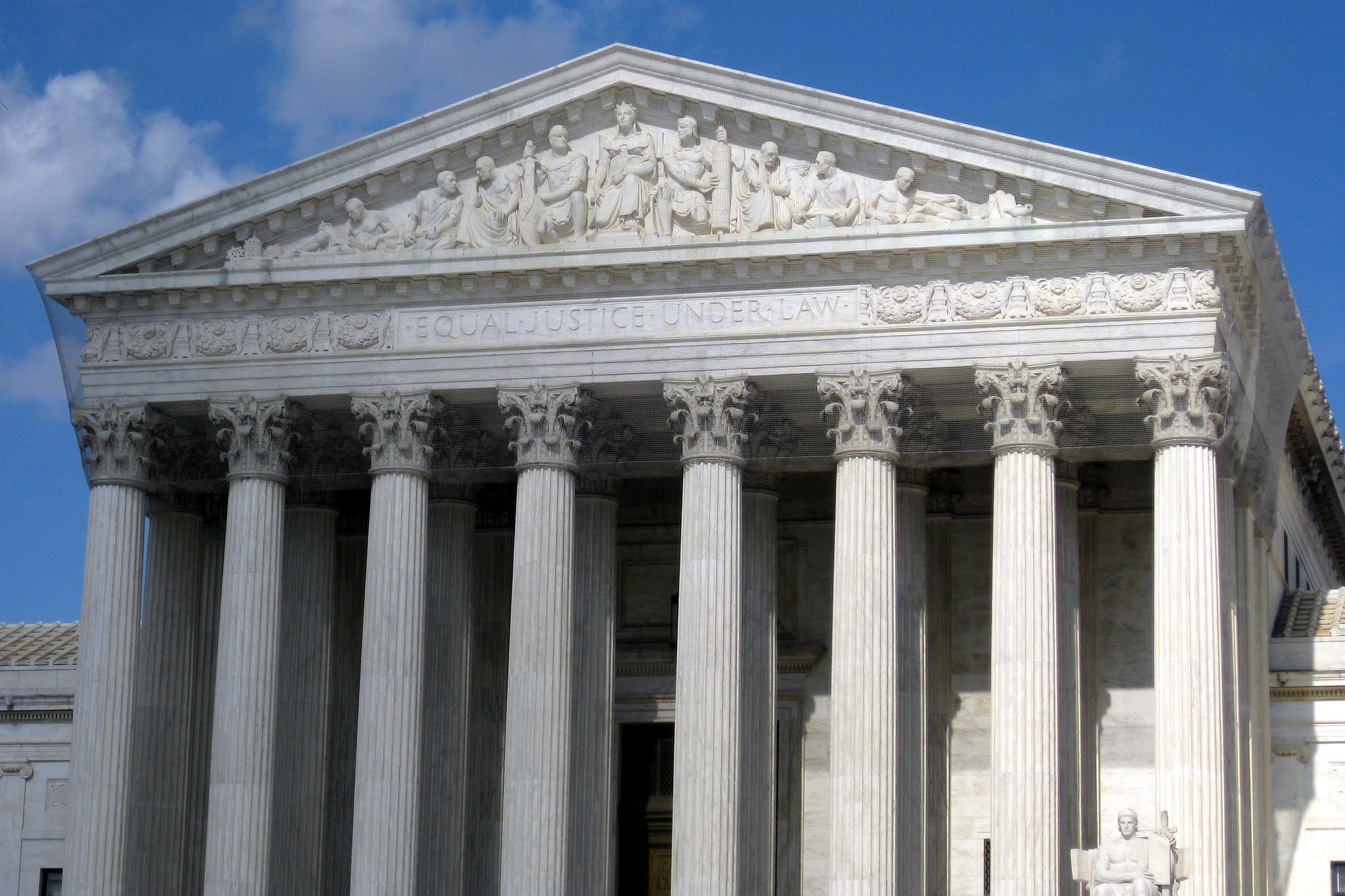Justices set aside university free speech challenge


Amid the debate over free speech on university campuses, the justices on Monday set aside a decision by a federal appeals court in a case involving whether so-called “bias-response team policies” – procedures created by universities to solicit, track, and investigate reports of bias – chill students’ speech.
The order in Speech First v. Sands was part of a list of orders from the court’s private conference last week.
Over a dissent by Justice Clarence Thomas that was joined by Justice Samuel Alito, the court sent the case back to the lower courts with instructions to dismiss it as moot (that is, no longer a live controversy) because Virginia Tech, the university at the center of the case, had changed its policy.
The question came to the court in a case filed against Virginia Tech by Speech First, a group that describes its mission as putting “colleges and universities on notice that shutting down unwanted speech will no longer be tolerated.” The group has filed similar lawsuits against, among others, the University of Texas at Austin, the University of Michigan, the University of Central Florida, and the University of Illinois Urbana-Champaign.
In the Virginia Tech case, Speech First contends that its members at the university hold what the group describes as “unpopular” and “controversial” views on issues like LGBTQ+ rights and the Black Lives Matter movement. Those members, the group says, “censor their speech because of” the university’s bias protocol, which establishes a framework for members of the university community to report incidents of bias at the school. The group went to federal court in Virginia, where it argued that the bias protocol violates the First Amendment.
A federal district court ruled that the group lacked a legal right to sue, known as standing. It explained that its members had not been injured by the protocol because the bias-response team did not have the power to discipline students for their speech. And although the team can report violations of the student code to the university, the court acknowledged, the bias protocol only allows it to refer conduct that is not protected by the Constitution.
The U.S. Court of Appeals for the 4th Circuit upheld the district court’s decision, over a dissent by Judge J. Harvie Wilkinson. The bias-response team, Wilkinson wrote, “is not the benign little system the majority imagines” but instead is sufficiently “intimidating” that it would discourage a normal student from exercising her right to free speech.
Describing the question in its case as “vitally important to the rights of college students nationwide,” Speech First came to the Supreme Court last summer, asking the justices to weigh in. It argued that the courts of appeals are divided – a key consideration for the Supreme Court in deciding whether to grant review – on whether bias-response teams chill students’ speech. Moreover, it added, both the teams and the underlying policies “create ‘anonymous snitch system[s]’ where students ‘aggressively police one another’s speech.'”
The university urged the justices to dismiss the case as moot, explaining that it had disbanded the bias-response teams in 2023 after the dean who developed the program left the school, and the university’s president has pledged not to reinstate it. Without the policy in place, Virginia Tech reasoned, Speech First and its members cannot be harmed.
After considering the case at eight consecutive conferences, the justices on Monday morning agreed to vacate the lower court’s decision and dismiss the case as moot.
Justice Ketanji Brown Jackson dissented from the court’s decision to dismiss the case, indicating that she would have denied the group’s petition outright.
Thomas and Alito indicated that they would have granted the group’s petition, explaining that it “raises an important question affecting universities nationwide” and expressing “serious concerns that bias response policies, such as Virginia Tech’s, objectively chill students’ speech.” “Until we resolve” this question, Thomas concluded, “there will be a patchwork of First Amendment rights on college campuses.”
The justices’ next regularly scheduled conference is Friday, March 15.
This article was originally published at Howe on the Court.
Posted in Cases in the Pipeline
Cases: Speech First, Inc. v. Sands
